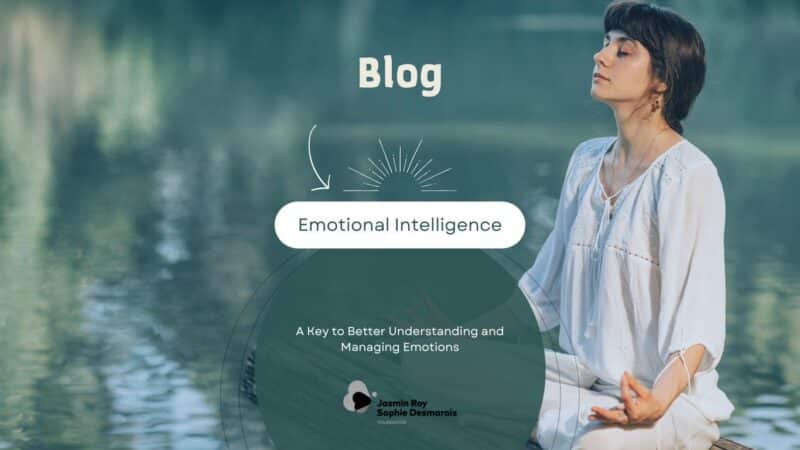Emotional intelligence is a concept that has gained significant traction in recent years, both in personal and professional spheres. Popularized by psychologist Daniel Goleman, the term refers to the ability to recognize, understand, and manage one’s own emotions as well as those of others. Unlike the intelligence quotient (IQ), which measures cognitive skills, emotional intelligence focuses on interpersonal and intrapersonal skills. It is essential for fostering healthy relationships, coping with challenges, and navigating the emotional complexities of daily life.
The Five Components of Emotional Intelligence
Goleman identified five primary dimensions of emotional intelligence:
1. Self-Awareness
Being aware of one’s emotions is the foundation of emotional intelligence. This involves accurately identifying what one feels and understanding how emotions influence thoughts, behaviors, and decisions. For example, a person aware of their anxiety about a work challenge might adjust their approach to avoid acting impulsively or defensively.
2. Self-Regulation
Self-regulation is the ability to manage one’s emotions, even in stressful situations. Rather than reacting instinctively, a person with this skill can take a moment to assess the situation and respond thoughtfully. This helps prevent destructive behaviors, such as outbursts of anger or avoidance of problems.
3. Internal Motivation
Emotional intelligence also includes the ability to stay motivated, even in the face of obstacles. People with strong emotional motivation can set long-term goals and work persistently toward achieving them, finding meaning in what they do rather than being discouraged by challenges or setbacks.
4. Empathy
Empathy is the ability to understand and share the emotions of others. It allows individuals to emotionally connect with others, recognize their needs and feelings, and adjust their behavior accordingly. For instance, showing empathy in a conflict situation can help defuse tensions by acknowledging the other person’s frustrations.
5. Social Skills
Social skills are crucial for interacting effectively with others. This includes communication, conflict management, and teamwork abilities. A person with strong emotional intelligence can navigate complex social dynamics, build positive relationships, and influence others constructively.
Why Is It Important?
Research shows that emotional intelligence plays a critical role in overall well-being. It directly impacts the quality of personal relationships, job performance, and even mental health. Better emotional management reduces stress, improves decision-making, and enhances resilience in the face of adversity.
In the workplace, employers increasingly value individuals with high emotional intelligence because they can handle conflicts effectively, collaborate efficiently, and adapt to changing environments. In personal life, strong emotional intelligence contributes to more fulfilling relationships by fostering mutual understanding and healthier communication.
How to Develop Emotional Intelligence
1. Practice Mindfulness
Mindfulness involves paying attention to your emotions without judgment. By taking the time to observe what you’re feeling at a given moment, you can better understand yourself and identify emotional triggers. This also helps improve self-regulation.
2. Seek Feedback from Others
Asking others how they perceive your emotional reactions can be an excellent way to build self-awareness. Accepting constructive feedback allows you to identify behaviors you might not have noticed and learn to manage them better.
3. Cultivate Empathy
To develop empathy, practice active listening without immediately offering responses or advice. Focusing on what the other person feels helps you understand their emotions and strengthens your interpersonal skills.
Emotional intelligence is much more than a relational skill. It is a set of abilities that enables you to better understand your own emotions and those of others while navigating human interactions with wisdom. By cultivating these skills, we become not only more resilient and adaptable but also more capable of building fulfilling relationships and succeeding in all aspects of life.





